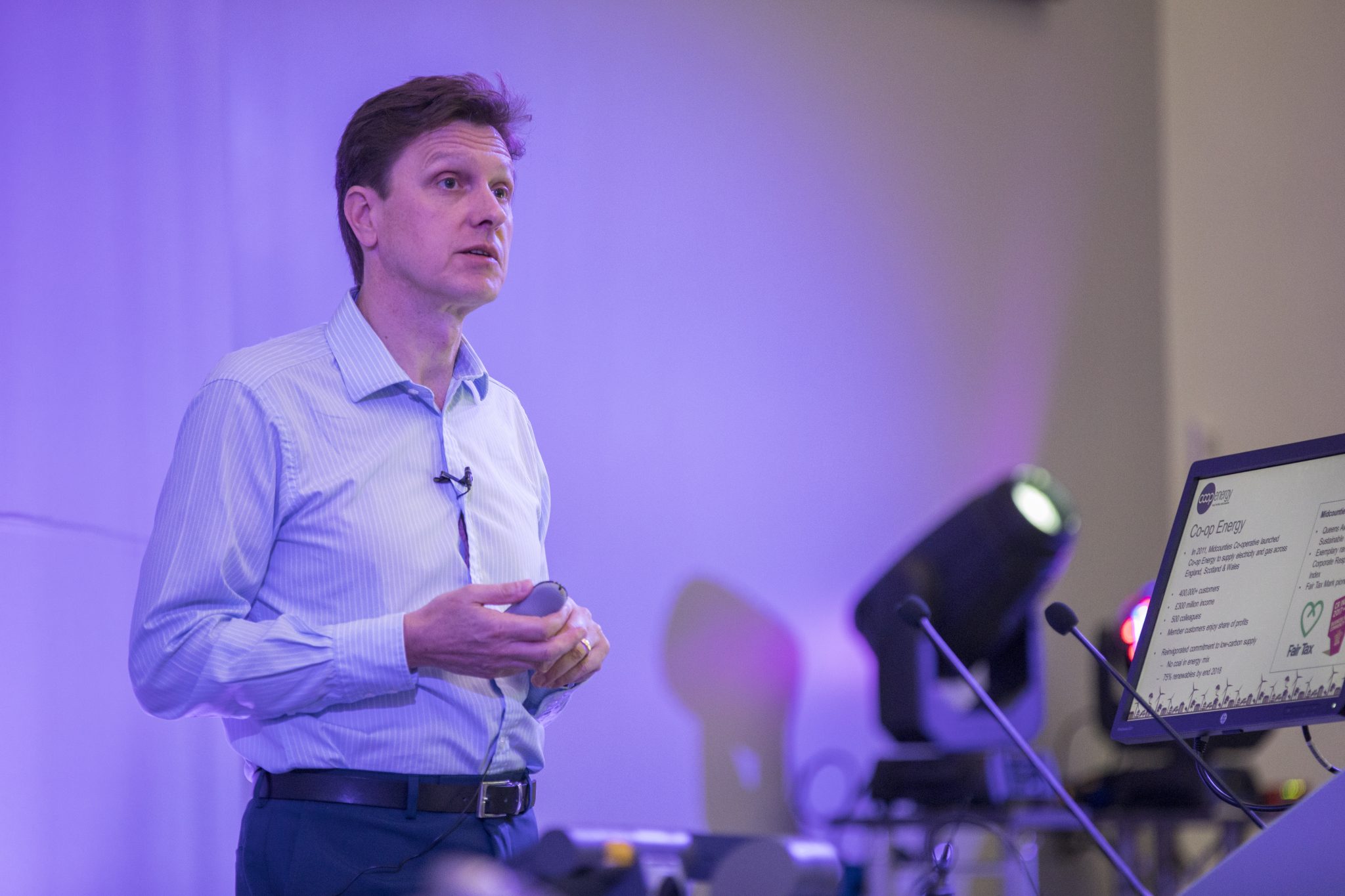Yesterday’s report from the Intergovernmental Panel on Climate Change (IPCC), which pointed a bleak future for the world unless urgent action is taken to curb emissions, has met with a dismissive response from several leading governments.
The UN body warned in the report that “limiting global warming to 1.5°C would require rapid, far-reaching and unprecedented changes in all aspects of society”, but doing so would “reduce challenging impacts on ecosystems, human health and wellbeing”.
It said emissions must be cut by 45% by 2030 to keep to that limit – and that means governments need to agree in the next two years to decommission coal power plants and replace them with renewables. Failure to do so, it warns, could mean worsening food shortages, extreme weather events and wildfires, and a mass die-off of coral reefs as soon as 2040.
The report will form a key scientific input into the Katowice Climate Change Conference in Poland in December, when governments review the Paris Agreement to tackle climate change. But it has already been dismissed by the Trump administration in the USA and by the Liberal/National coalition in Australia, which have both signalled their intention to continue burning coal.

Meanwhile the UK – which has cut its fossil emissions by 40% since 1990 – signalled a willingness to act sounded a more positive note. Energy minister Claire Perry welcomed the report, adding: “As policymakers we need to work together to accelerate the low-carbon transition to minimise the costs and misery of a rapidly warming world.”
But critics, including Green Party MP Caroline Lucas, responded that the UK government has slashed support for renewables, pushed ahead with fracking and airport expansion, and continues to subsidise fossil fuels.
The lack of support for renewable energy and community generation – including a de facto ban on onshore wind generation – has been a focus of lobbying efforts by the UK co-op movement for several years now, and was high on the agenda at this year’s Community Energy Conference.
Emma Bridge, chief executive of Community Energy England, which jointly organised the conference with Co-op Energy, said the IPCC report meant it was urgent for people to lobby the government to back the community renewable sector.
She said: “In light of the removal of numerous support mechanisms by government over the past few years, this is a vital time that everyone reaches out to their local MP to raise awareness of what community energy can deliver and to ask them to contact Claire Perry to set out the need for continued support for community energy.

“We will be increasing our policy and lobbying activity over the next few months and will provide updates in future member newsletters. We are meeting with Department of Business, Energy & Industrial Strategy officials to put our case forward.”
She added: “People up and down the country are eager to be part of the clean energy transformation, but our energy system is skewed in favour of large energy companies, rather than supporting communities to manage, generate and benefit from their own energy.
“The government’s public attitude tracker consistently shows the public’s strong support for renewable energy and a recent survey by ClientEarth reported that ‘almost three quarters of consumers would be interested in joining a community energy scheme if the government made it easier (71%), and individuals keen to install their own solar panels (62%) and home energy storage (60%)’.
“Community renewable energy projects are effective, generating over 202 GWh of electricity in 2017, offsetting 71,000 tonnes CO2e12 and providing enough energy to meet the annual electrical demand of 67,000 homes.
“However, community energy provides far more than the generation of renewable energy, with organisations working hard to deliver environmental, social and economic benefits for their local areas.”
Ms Bridge said there were significant barriers to community energy projects, in the form of unfair planning, pricing and tax rules, and highlighted four changes the government could make:
- Retain the Feed in Tariff (FIT) generation and export tariffs for community energy projects – or introduce a modified ‘Community Feed in Tariff’.
- Re-introduce fair taxation and financial mechanisms for community-owned energy.
- Review planning rules so that community wind, solar and hydro projects are given fair treatment within the planning system.
- Give communities full and fair access to the energy markets, particularly where scale and capacity prevent communities from selling or using their energy locally.
David Bird, chief executive of Co-op Energy – part of the Midcounties Co-op – said: “The IPCC report is clear: the world needs to reduce energy consumption and move to a decarbonised system as quickly as possible.

“This means businesses working together with consumers to cut energy waste, increase energy efficiency and support sustainable energy generation before it is too late.
“We start by ensuring that our customers receive 100% renewable electricity as standard but as a co-operative, we are also committed to untapping the power of local communities as well.
“We are already the leading supporter of British community-owned low carbon energy schemes, directly supporting more than 50 such projects across the UK. We also want more to be done to make community energy more profitable and to reward those who invest in making it a reality in their own areas.”
The muted response by governments points to the value of an independent co-op response.
Jonathan Atkinson, project manager of the Carbon Co-op, which retrofits homes to meet 2050 emissions standards, said: “The IPPC report is to be welcomed, in terms of the scope and the scale of ambition that it sets out and the alarming consequences of inaction.
“We think it makes very clear that reducing demand for energy is first and foremost in achieving a safe, habitable climate, and we can not rely
on so called unproven ‘unicorn’ technologies such as carbon capture storage and ‘negative emissions’ to get us there.
“Beyond this, we feel that co-operatives such as Carbon Co-op are imperative in realising the scale of action required, not simply in terms of the work we do, in our case retrofitting homes and decarbonising the electricity grid, but in involving citizens in meaningful, collective action and offering legitimacy to the huge changes required to realise the low carbon energy transition.”
Community Energy England has created a letter template people can edit and send to their MP in support of its campaign, and on Friday 19 October, the organisation is supporting the Energy Transition: Top-Down v. Grassroots conference being organised by Bristol Energy Network and Bristol City Council to explore how communities and local authorities can work together more effectively to tackle fuel poverty and climate change.